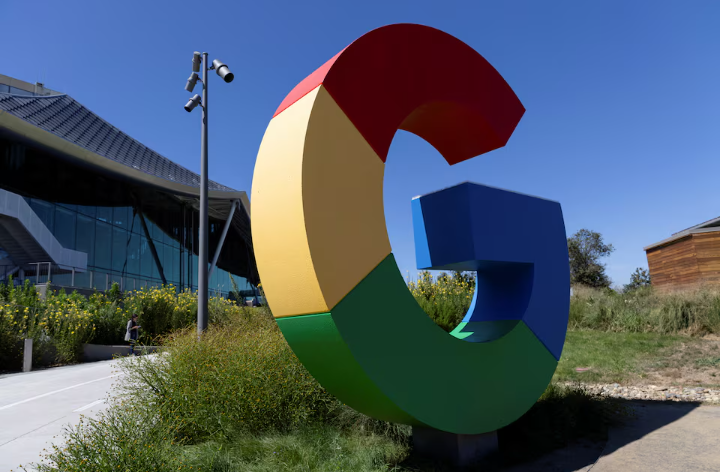Tech giants Google and Apple are under intense scrutiny from European regulators after being accused of breaching the EU’s Digital Markets Act (DMA). The European Commission has issued formal charges against Google and directed Apple to allow greater access to its ecosystem, marking one of the most aggressive moves yet in the EU’s fight against Big Tech dominance.
Why Is the EU Going After Google and Apple?
The Digital Markets Act (DMA), which came into effect last year, is designed to curb the monopolistic power of large tech companies and promote fair competition. The European Commission, which enforces competition laws in the EU, has been closely monitoring Google and Apple for potential violations.
Here’s what led to the crackdown:
- Google’s Alleged DMA Violations
Google is accused of restricting app developers from informing users about cheaper alternatives outside its Google Play Store.
The EU also found that Google favors its own services, such as Google Flights, Google Shopping, and Google Hotels, by ranking them higher in search results, thereby disadvantaging competitors.
- Apple’s Antitrust Issues
Apple has been ordered to open its ecosystem to rival smartphone, headphone, and virtual reality manufacturers. This means third-party devices should work seamlessly with iPhones and iPads.
The EU also mandated that Apple must respond to requests from app developers to make its systems more interoperable with others, ensuring fair competition.
What Are the Consequences?
If found guilty, Google could face a fine of up to 10% of its annual revenue, which could amount to billions of dollars. Apple could also face additional investigations and financial penalties if it fails to comply with the new EU regulations.
Both companies have pushed back against these accusations.

Google argues that these changes could negatively impact consumers and businesses, making search results less effective and reducing traffic to European companies.
Apple claims that the EU’s decision could slow down innovation and force the company to provide features to competitors for free, potentially harming its European users.
What’s Next for Big Tech in Europe?
The EU’s aggressive stance signals a major shift in the regulatory landscape. If Google and Apple are forced to comply, this could set a precedent for other tech giants like Amazon and Meta, leading to significant changes in how digital platforms operate in Europe.
The outcome of these investigations could reshape the tech industry, impacting everything from app store fees to how search engines display results. Will this lead to a fairer playing field for smaller companies, or will it stifle innovation?



